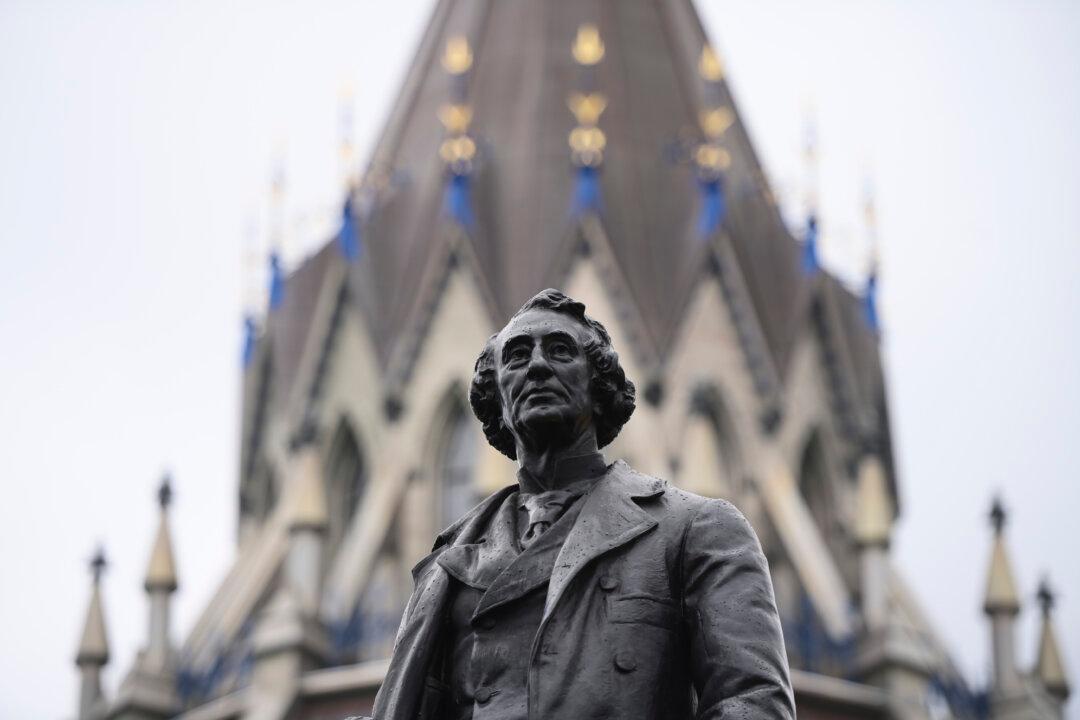The federal government has removed the biography page of Canada’s founding Prime Minister, Sir John A. Macdonald from the official government of Canada website.
According to The Toronto Star, Macdonald’s page was pulled from the Library and Archives Canada website over the weekend, showing only an “error 404” message on Monday. Currently, no search results for his name are available on the website.





